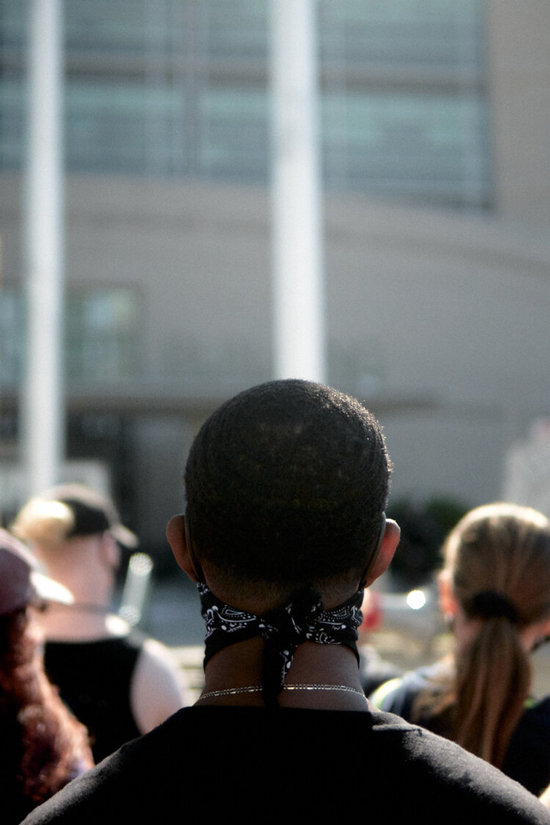Cracks of Productivity: The Vitality of the “flesh” in Danzad Malditos
By Irene Alcubilla Troughton “Are we not in awe of this piece of flesh called our “body,” of this aching meat called our “self” expressing the abject and simultaneously divine potency of life?” —Rosi Braidotti1 Introduction Idleness is usually seen as the opposite of productivity, with the latter term being a common imperative in our Western capitalist society. In our work, social media interactions, even in our leisure activities, we are demanded to perform, to be in a constant state of productivity. This essay will offer a perspective on idleness by analyzing the cracks of productivity and how its failures can offer novel ways of dealing with this imperative. Throughout this essay, such an analysis will be made by looking at a case study: the Spanish theatre play Danzad Malditos, a loose adaptation of Sydney Pollack’s 1969 movie They Shoot Horses, Don’t They? By means of reference to the scenes, the monologues, and the way in which the performance is structured, this essay will offer a practical example of how the vitality of flesh can be presented, …


